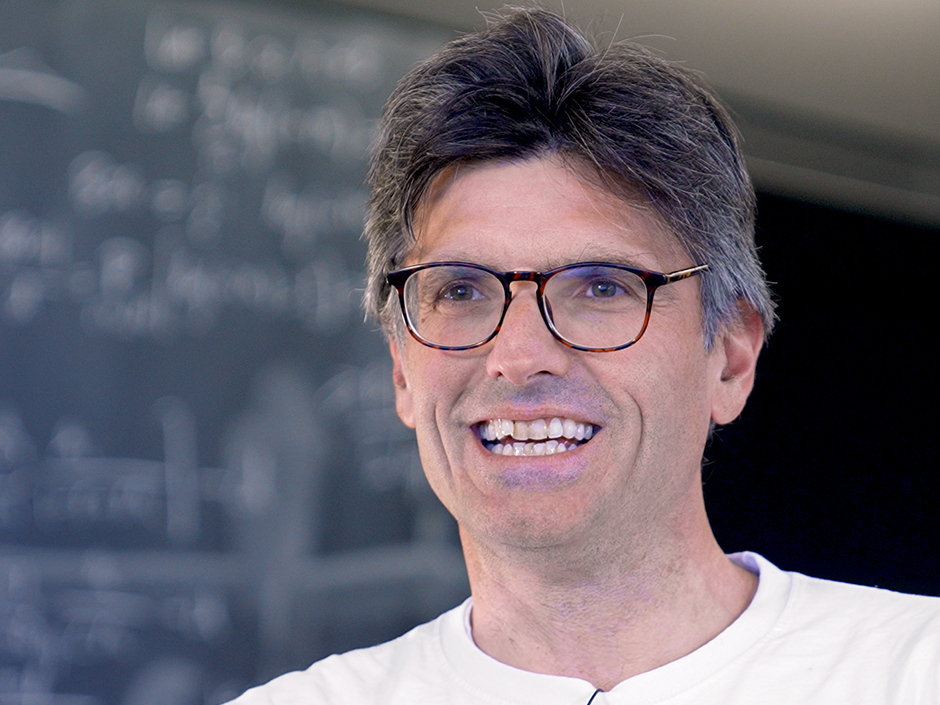‘Ecological Dynamics’ Workshop: Supporting Early Career Researchers
- NITMB

- Apr 25, 2024
- 2 min read
NSF-Simons National Institute for Theory and Mathematics in Biology will convene the next workshop, Ecological Dynamics of Microbial communities: new approaches, April 29 - May3. Co-hosted with the Institute for Mathematical and Statistical Innovation, this workshop promises to explore four central topics important to the study of ecological dynamics of microbial communities.
The ‘Ecological Dynamics’ workshop offers benefits to early career researchers, serving as an opportunity to meet with colleagues and peers, interrogate questions in the field, and catalyze new collaborations.
Karna Gowda, Assistant Professor of Microbiology at The Ohio State University, is one such early career researcher who will be attending the ‘Ecological Dynamics’ workshop. Gowda recently became an Assistant Professor after completing his time as a postdoctoral researcher at both the University of Chicago and the University of Illinois Urbana-Champaign from 2017-2023. In addition to attending the ‘Ecological Dynamics’ workshop, Gowda will be speaking at the event on Wednesday, May 1st, a day focused on ‘exploring microbial metabolism’.

Karna Gowda, Assistant Professor of Microbiology at The Ohio State University
“The opportunity to seek out advice and form collaborations with scientists across career stages will be beneficial to early career researchers,” stated Gowda. The smaller format of the ‘Ecological Dynamics’ workshop also makes it easier for researchers to meet each other and develop professional relationships. Early career researchers will not only benefit from dedicated time to speak with experts both directly and indirectly related to their work, but they will also have the opportunity to discuss important questions in their research focus areas. Each day of the ‘Ecological Dynamics’ workshop will be dedicated to a specific topic, and participants will be given the entire day to explore and discuss this one area. Focusing on only one question for each day will be valuable, as it allows early career researchers to become much more knowledgeable in topics they find important and synergistic to their work. Gowda will be presenting on the day of the ‘Ecological Dynamics’ workshop focusing on how microbial physiology affects the community ecology of microbes. He believes “it will be valuable to discuss questions in this genre with other invited speakers, as well as the other workshop participants.”
Throughout his experiences, Karna Gowda has witnessed “challenges associated with getting mathematicians and scientists to work on problems together.” This makes the mission of the NITMB all the more critical for helping bring mathematicians and biologists together, overcoming challenges present in academia and preventing such innovative collaborations. “The untapped opportunity is not just that mathematicians can develop tools that biologists can use, while biologists can supply questions and inspiration for new mathematical work,” Gowda claimed, “but also the possibility that mathematicians and biologists can come up with new types of questions together which are qualitatively different than the types of questions they would ask separately. I am excited to see how this workshop bridges the divide and creates these possibilities.” Combining the expertise of mathematicians and biologists is essential for developing new ways of approaching complex questions in each field, and the upcoming ‘Ecological Dynamics’ workshop offers early career researchers the chance to be a part of this approach.


